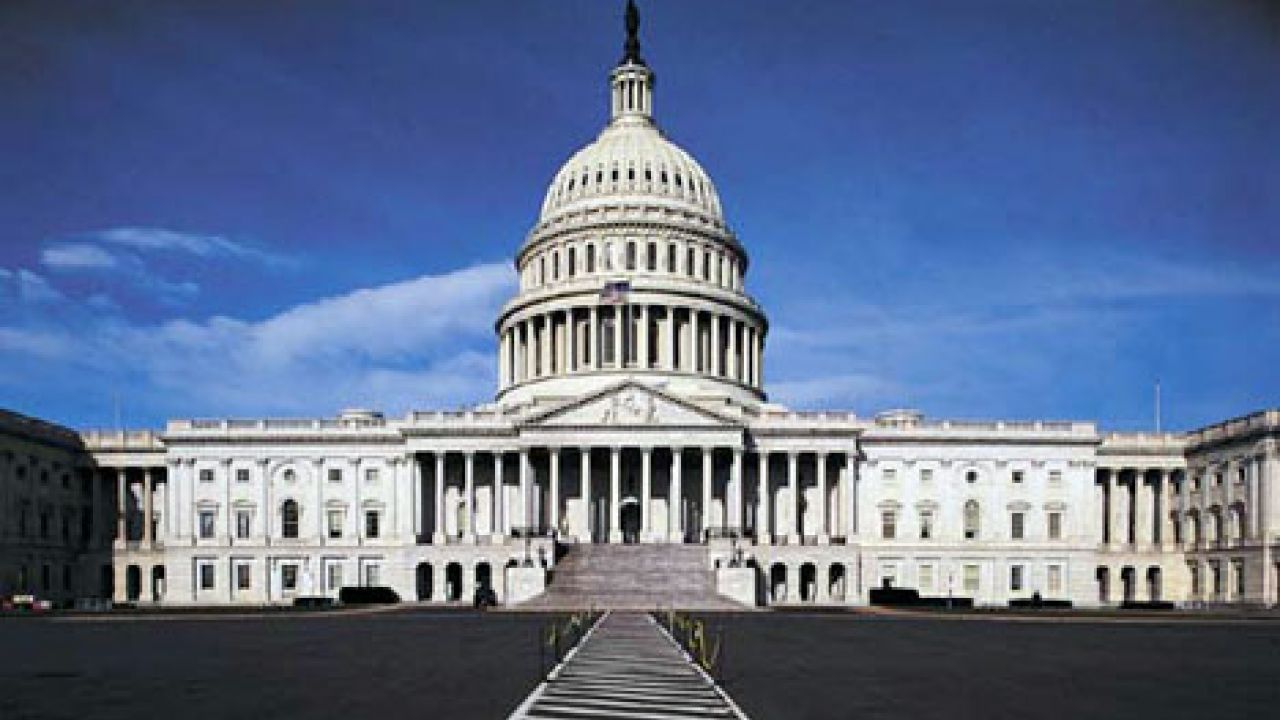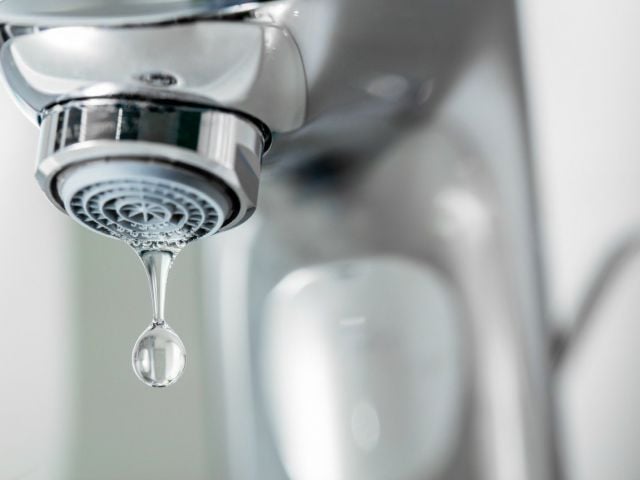
A few weeks back I read Peggy Orenstein's piece The Toxic Paradox in the New York Times Sunday magazine. It hadn't settled all that well with me, so when I saw an Environmental Health News editorial titled The Other Toxic Paradox a little later, I was eager to read it.
I liked it so much that I got in touch with the author, Rebecca Gasior Altman, who very generously agreed to a re-post here on Enviroblog. We've written before about how parents are part of the solution to the toxic onslaught our kids are exposed to from birth, and EWG President Ken Cook regularly reminds us that we can't shop our way out of it - no matter how hard we try. But Professor Altman really sums it up nicely when she says:
A profusion of green products allows us to excuse ourselves from acting beyond our own households. But we can't shop our way to safety. We must turn to politics, not just products, to solve our toxic problems.
Enjoy her editorial. And then get political! She writes:
One thing we know: bubbles burst. For writer Peggy Orenstein and residents of "eco-conscious" Berkeley, California, news of poor airquality near schools pierced the "green" bubble. Orenstein's recent commentary, "The Toxic Paradox," published in the New York Times Magazine, portrays the plight of parents who have "gone green" at home, only to realize they are having only modest effects on their kids' overall exposures. Parents feverishly scan the Internet for green products to avoid headline-grabbing chemicals, only to learn that research implicates another chemical, another product. Orenstein's commentary does little to help parents move through this frustrating reality. For Orenstein, community action is too fractious and individual action either irrelevant or futile. Parents' efforts at home are partial solutions, yes, but they're part of the problem, too. When products stymie political action, this creates another "toxic paradox" that Orenstein overlooks.
BPA (a constituent of some hard plastics), PBDEs (flame retardants), and other chemical acronyms float through playgroup and PTA conversations-- a sign that scientists have raised public awareness about the slow accumulation of pollutants in our everyday surrounds. Parents have stepped in to manage exposures in the absence of regulations. However, as sociologist Andy Szasz observes, we seek to "shop our way to safety." This profusion of green products allows us to excuse ourselves from acting beyond our households. Herein lies the other toxic paradox: We can't just turn to products rather than politics to solve our problems.
After we purge and green our homes, our next responsibility is to pick up the phone, to pick up our pens. A wave of new policies --from city ordinances to federal legislation and international agreements--seek to manage chemicals and pollution differently, including the Kid Safe Chemical Act under consideration now. We need a multitude of voices to support these policies and to ensure they protect all children, especially the most vulnerable. In addition, our elected officials need to hear that parents support research like the National Children's Study, a substantial step toward better understanding children's environmental health.
There is far more at stake than Orenstein lets on, especially for girls and women, whose health and well-being has been the centerpiece of her life's work. Infertility. Early puberty. Skewed birth ratios in some communities where more girls are born than boys. All are linked to chronic, low-dose exposures to chemicals. Also at issue is the ability of kids to metabolize food, fend off infection, develop a healthy attention span, and when they are older, to bear children as well. Cancer and birth defects are but the tip of the iceberg. We must look beyond our households to see these trends. We must widen our circle of concern for another reason. Too many kids live in "sacrifice zones," in a swirling eddy of chemicals that scientists have only begun to understand. These kids bear a larger share of pollution compounded by socio-economic stressors that exacerbate how pollution affects the body.
So beleaguered parents, bow just briefly to your frustration. You've shouldered a burden. Then gather yourselves for the opportunities before us to make a substantial difference for our children's health--mine, yours, and those yet to arrive. As history has shown, parents, especially mothers, have been the engine driving environmental change and progress.



